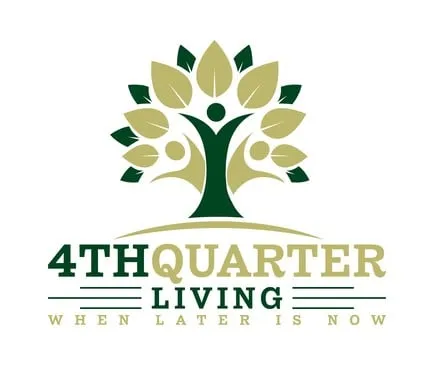Instead of "Catching" a Cold/Flu, You Are Really "Eating" a Cold/Flu
Did you know that research indicates that approximately 70% of your immune system is situated in your gut?
Yes, it might come as a surprise to you but a significant portion of the intricate web of our body's defenses resides in the gastrointestinal tract, emphasizing the critical role it plays in maintaining overall health.
The gut, often referred to as the "second brain," is home to a complex ecosystem of trillions of microorganisms, collectively known as the gut microbiome. These microorganisms, including bacteria, viruses, and fungi, contribute significantly to our immune function.
The connection between our dietary choices and immune response is profound. What we eat and drink has a direct impact on the composition and balance of the gut microbiome. A diet rich in diverse and fiber-packed foods supports the growth of beneficial bacteria, enhancing the body's ability to ward off infections and illnesses.
On the contrary, a diet high in processed foods, sugar, and unhealthy fats can disrupt the balance of the microbiome, compromising the immune system's effectiveness. The intricate interplay between the gut and the immune system underscores the importance of mindful eating habits in maintaining overall wellness.
When our diet falters, and the balance within the gut is disrupted, it can manifest in various ways, including symptoms akin to a cold or flu. The gut's compromised immune function can lead to increased susceptibility to infections and a heightened inflammatory response, making us more prone to feeling under the weather.
Therefore, fostering a healthy gut environment through a balanced and nutritious diet becomes pivotal in fortifying our immune defenses and ensuring our overall well-being. As we navigate the choices on our plates and in our glasses, let's remember that the road to robust immunity often begins in the gut.
In closing, please give this your intelligent thought process...
There really is no such thing as "flu season." After all, how does a virus--which is not alive and can only survive with a host--know what time of year it is on the calendar?
But what DOES happen according to the calendar is an increase in sugar intake. It goes like this:
- Halloween candy in October
- Traditional turkey dinner with all the sides and pies in November
- Christmas cakes, cookies, and eggnog in December
- New Year's alcohol in January
- Chocolates in February
- St Patrick's Day drinking in March
And when is this so-called flu season? That's right between October and March.
I pray that your brain grabs onto this concept. Once it does, it will be so much easier to understand how simple it is to fight diabetes, COVID, high blood pressure, high cholesterol, autoimmune diseases, and various forms of cancer the natural way and save your body from all the side effects of meds.
Stay healthy, my friend!

